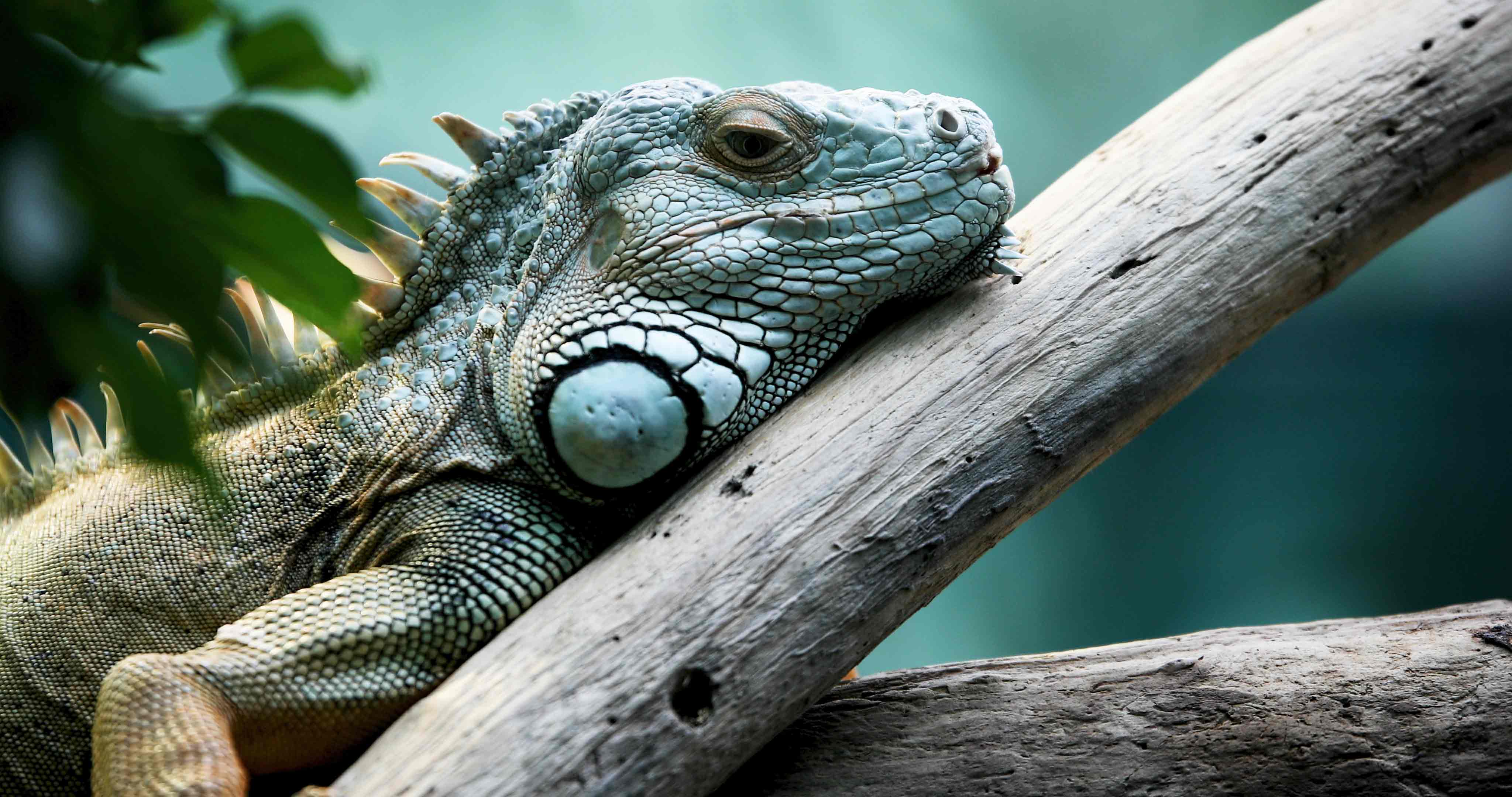Bragging Rights
Explore the latest trends, tips, and stories that make you stand out.
When Turtles Fly and Ferrets Frolic: The Quirky World of Exotic Pets
Discover the wild wonders of exotic pets! Dive into the whimsical lives of flying turtles and frolicking ferrets—it's a world like no other!
Unusual Companions: How to Care for Your Exotic Pets
When it comes to exotic pets, the responsibilities of ownership extend beyond the usual care for common household animals. Unusual companions like reptiles, amphibians, or even certain species of birds require specialized environments that cater to their unique needs. For instance, creating a suitable habitat for a bearded dragon involves providing a specific range of temperatures, ultraviolet light, and appropriate substrate to mimic their natural environment. Additionally, understanding their dietary requirements, such as the need for live insects or fresh vegetables, is essential for their health and wellbeing.
Caring for exotic pets also means being aware of their social needs and behavioral tendencies. Many exotic animals require mental stimulation and social interaction to thrive. For example, parakeets are social creatures that benefit from companionship, whether from humans or other birds. Regular handling and interactive playtime can help develop a bond and reduce stress. It’s crucial to educate yourself about the specific needs of each species, from their feeding habits to their exercise requirements, ensuring a happy and healthy life for your unconventional pet.

The Fascinating Habitats of Exotic Pets: Turtles and Ferrets
When it comes to exotic pets, habitats play a crucial role in ensuring their well-being and natural behaviors. Turtles, for instance, thrive in environments that mimic their natural aquatic habitats. A well-designed habitat for a turtle should include a large water area for swimming, along with a basking area where they can soak up sunlight. Incorporating elements such as aquatic plants, rocks for climbing, and a secure enclosure will help maintain a stable temperature and ensure the turtle feels safe and secure.
On the other hand, ferrets are playful and social creatures that require a different kind of habitat. A spacious cage is essential, but it should also feature climbing areas, tunnels, and toys for stimulation. Ferrets thrive in environments that allow them to burrow and explore, reflecting their natural behaviors. Providing a safe play area outside the cage is equally important, where they can engage in interactive playtime with their owners. Ensuring both turtles and ferrets have appropriate habitats not only promotes their health but also enhances their overall happiness.
What You Need to Know Before Bringing Home an Exotic Pet
Bringing home an exotic pet can be an exciting adventure, but it also comes with its own unique set of challenges. Before making the decision, it's crucial to research the specific needs of the animal you are considering. For instance, some exotic pets require specialized diets or environments. Understanding these requirements is essential for ensuring the health and well-being of your new companion. Additionally, certain exotic animals may be illegal to own in your area or require special permits, so always check local regulations before making a purchase.
Furthermore, commitment is a significant factor to consider when bringing home an exotic pet. Unlike traditional pets such as dogs and cats, many exotic animals can live for several decades, requiring long-term care and attention. It's important to assess whether you can provide the necessary time, space, and financial resources to support your pet throughout its lifespan. Engaging with experienced exotic pet owners or professionals can also provide valuable insights, helping you make an informed decision that benefits both you and your new pet.